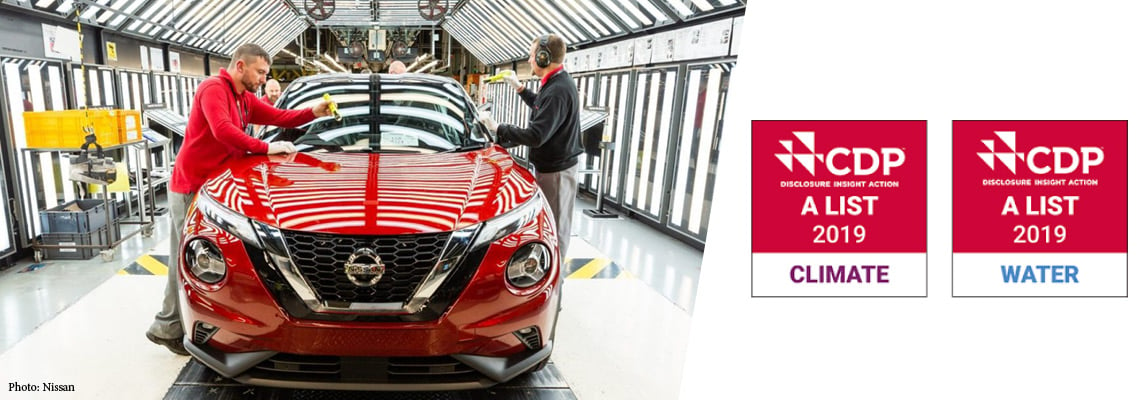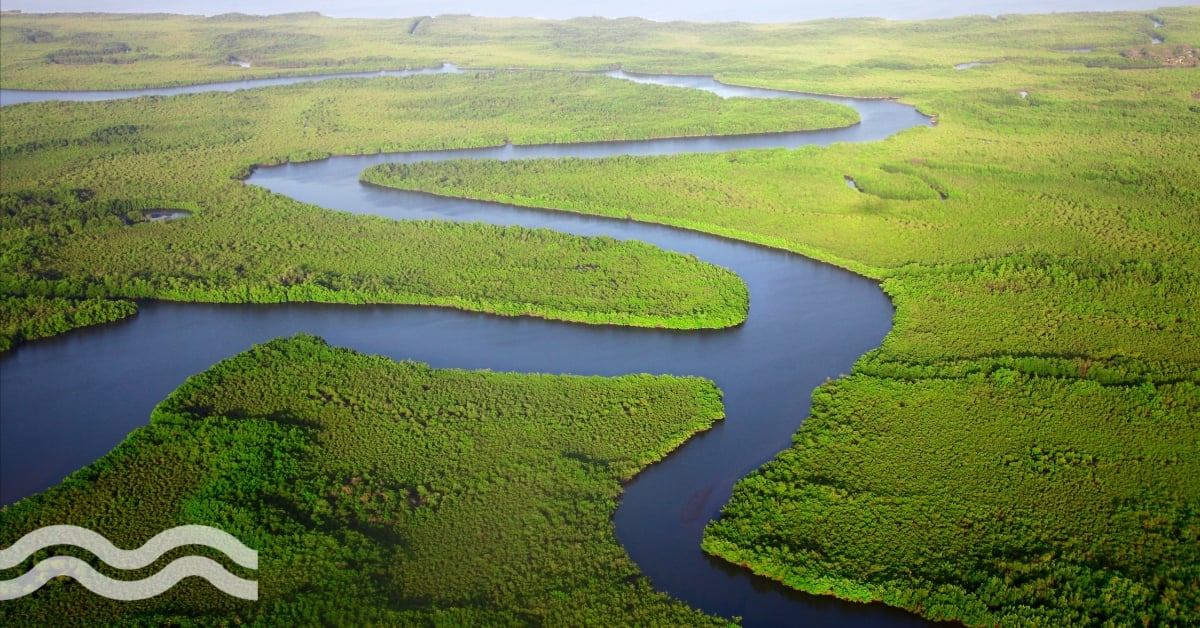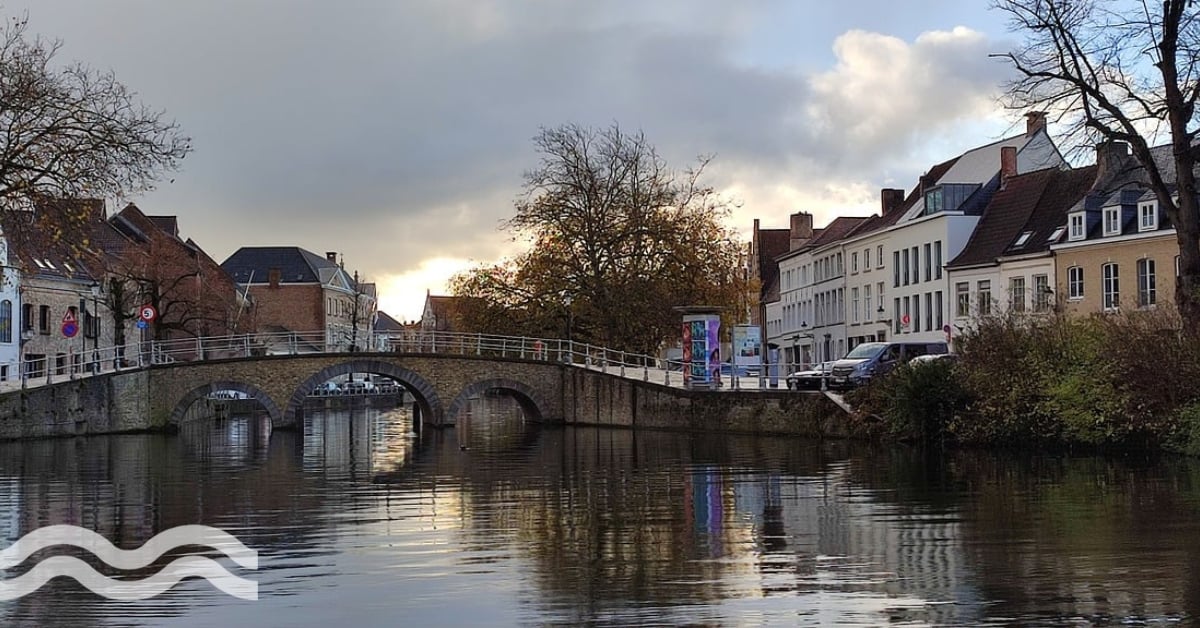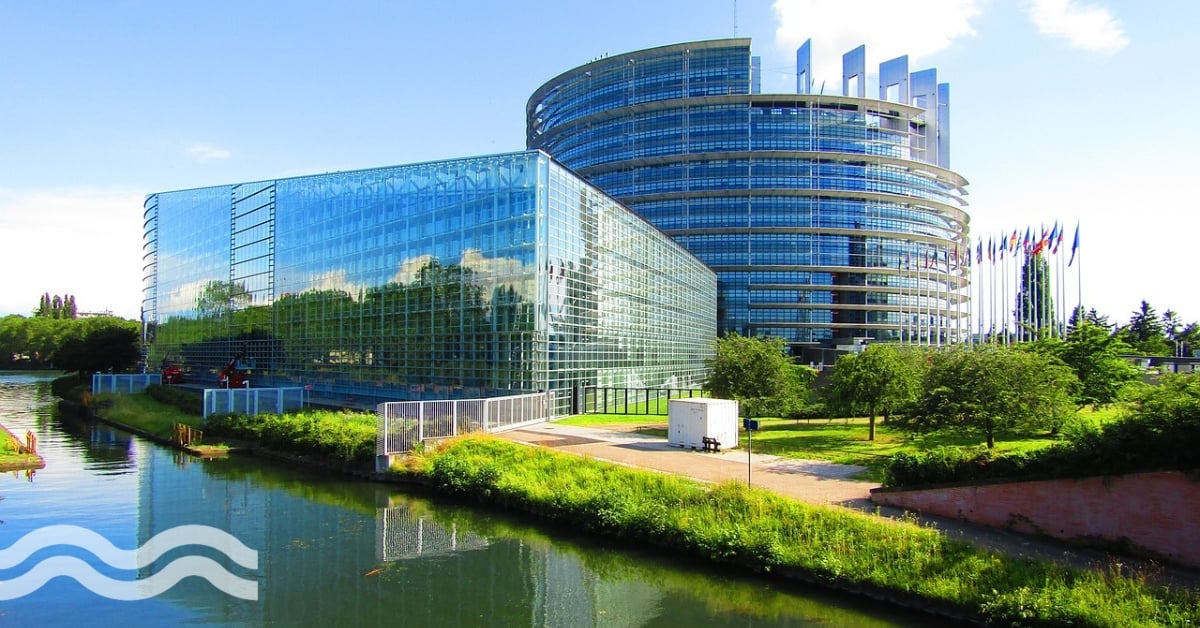CDP reveals water A-listers, but we should avoid “a rating game”
The Carbon Disclosure Project (CDP) has issued its latest update to its ‘A list’ of climate and sustainability corporate champions. The new report reveals that more than 100 companies making disclosures about their approach to water have achieved the highest ranking.
Water leadership revealed
With thousands of companies, cities and states reporting to the CDP annually, their responses have been ranked on the basis of the three core goals of climate change, water security and forest management.
Scoring companies from D- through to an A, the ranks measure how comprehensive the disclosures are, as well as awareness and management of environmental risks. The scores also highlight best practices associated with environmental leadership, such as setting meaningful targets.
According to the CDP, close to 3,000 companies made water disclosures over the last year, up nearly 500 on the 2019 disclosures. However, of those 3,000, just 106 recorded an A ranking. Considering all three categories, less than a dozen score an A across the board.
“Close to 3,000 companies made water disclosures over the last year, up nearly 500 on 2019.”
Nonetheless, more than 500 investors with assets of over US$106 trillion have called on companies to use the CDP platform to disclose data on environmental impacts, risks and opportunities this year and nearly 10,000 participants responded.
“Leadership from the private sector will create an 'ambition loop' for greater government action and ensure that global ambitions for a net-zero sustainable economy become a reality,” said Paul Simpson, CEO of CDP.
“Our A List celebrates those companies who are preparing themselves to excel in the economy of the future by taking action today.”
Water Security scoring
CDP’s Water Security scoring methodology summarises progress towards water stewardship as evidenced by a company's response to the CDP Water Security Questionnaire.
The scores include an assessment of the level of detail and comprehensiveness in the disclosure as well as awareness of water issues and management methods.
Several questions are scored for leadership where a minimum threshold must be met to meet the Leadership band. In order to achieve A List status companies must achieve a certain threshold score of Leadership points and ensure there are no significant relevant exclusions present in their responses.
“CDP’s Water Security scoring methodology summarises progress towards water stewardship as evidenced by a company's response to the CDP Water Security Questionnaire.”
Nissan Motor Co is one of those companies to score an A grade on water for the second consecutive year. The automotive manufacturer notes that water scarcity is one of its four key sustainability focus areas. Its so-called Green Program calls for a reduction of water intake at global production sites as well as improving wastewater recycling efficiency.
As part of the programme, Nissan executes a risk assessment of water at its production sites and management of water security challenges. Its actions include setting internal management standards for drainage water that are stricter than those which are required by law.
“Through the Nissan Green Program, our employees have been consistently improving wastewater recycling efficiency and reducing water intake at our manufacturing sites. We will continue to implement effective resource protection measures together with our supplier partners and other stakeholders,” said Nissan CEO Makoto Uchida in a statement.
Value and voluntary vs mandated reporting
Though the CDP scorecard is a globally recognised standard, questions over the long-term viability of voluntary reporting remain.
“Corporate transparency on water, carbon and other sustainability issues is important because it can help improve strategy and metrics, increase awareness both internally and externally with stakeholders and hold companies accountable,” Hugh Share, president of the Share Sustainability Consultancy.
He told Aquatech Online: "We also need to consider the unintended consequences of the proliferation in surveys and rating schemes. They're not always indicative of actual performance, and things can turn quickly into a 'rating game,' meaning that companies who learn how to report effectively can come out on top, instead of those who perform the best."
This is a concern echoed by Will Sarni, Founder and CEO of Water Foundry, who argues: “We need to move to regulatory-driven reporting as voluntary programs can only scale so far. We also need 100 per cent audited integrated reporting.”
“We need to consider the unintended consequences of the proliferation in surveys and rating schemes. They’re not always indicative of actual performance.”
Like Share, Sarni noted that the key issue is not necessarily sustainability rankings but the water-related business value at risk, how much is being spent on mitigating these risks and how much is spent on investing in water solutions - such as technologies, businesses, and entrepreneurship - and lobbying for innovative public policy changes.
“How do these companies quantify the value of voluntary reporting and how would it compare to actual investment in on-the-ground solutions?” he added.
Indeed, one of the key issues, as it related to sustainability rankings and reporting, is the challenge this represents, particularly for smaller companies.
"I think most support transparency, but it needs to be more efficient. Companies want to spend time and resources executing solutions where it matters," said Share.
Sustainability as a cornerstone of group strategy
Chemicals giant Bayer recorded an A rating for both water and climate. The organisation has an externally developed model to assess the environmental impact of every pesticide in crop cultivation, for example, a claimed first for agriculture.
Furthermore, from 2021, 20 per cent of group-wide quantitative targets, which include climate protection targets, will be used to determine the long-term variable remuneration for the board and senior executives.
Sustainability is already a fixed component of annual variable remuneration for all employees.
“Over the past year, we have worked to develop sustainability as a cornerstone of our group strategy. Our operations in the fields of health and nutrition allow us to make a significant contribution to helping people achieve a better quality of life while respecting planetary boundaries.
“For us, the CDP rating is an important acknowledgement of the fact that we are one of the world's leading companies in the field of sustainability," declared Werner Baumann, chairman of Bayer AG and chief sustainability officer, in a statement.
The full CDP A List is available here.
Related content
Loading component...
Share your water technology stories with us
Do you have an innovation, research results or an other interesting topic you would like to share with the international water technology industry? The Aquatech website and social media channels are a great platform to showcase your stories!
Please contact our Sr Brand Marketing Manager Annelie Koomen.
Are you an Aquatech exhibitor?
Make sure you add your latest press releases to your Company Profile in the Exhibitor Portal for free exposure.
We promise never to send you spam and you can unsubscribe at any time!



